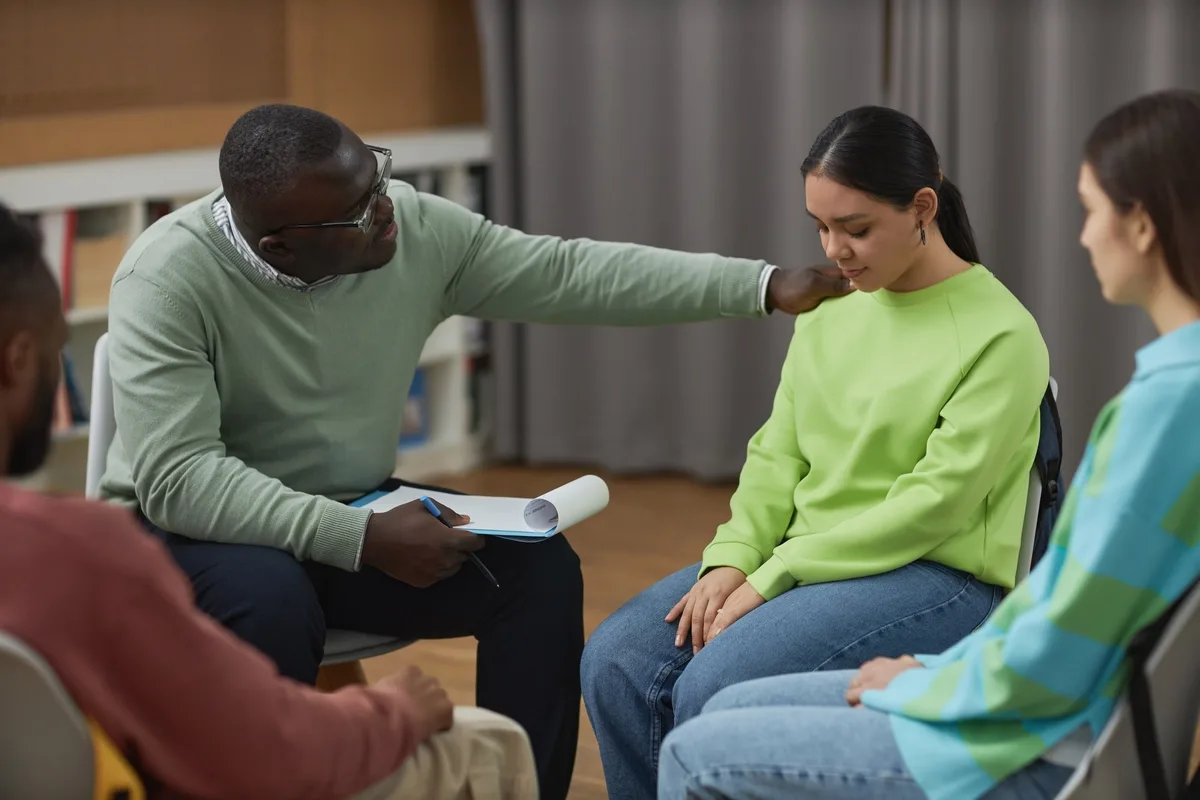24/7 Helpline:
(866) 899-221924/7 Helpline:
(866) 899-2219
Learn more about Morphine Rehab centers in Columbus County

Other Insurance Options

PHCS Network

MVP Healthcare

Aetna

Ambetter

WellPoint

WellCare Health Plans

ComPsych

Coventry Health Care

Private insurance

Self-pay options

Kaiser Permanente

MHNNet Behavioral Health

Meritain

UnitedHealth Group

Choice Care Network

Regence

Optum

United Health Care

Medical Mutual of Ohio

AllWell

Allied Behavioral Management
Allied Behavioral Management is a private rehab located in Whiteville, NC. Allied Behavioral Managem...

Advantage Behavioral Healthcare
Advantage Behavioral Healthcare - Davis Avenue offers outpatient treatment for individuals with alco...

Robeson Healthcare Corporation
Robeson Healthcare Corporation - Hill Plaza is a non-profit rehab located in Whiteville, North Carol...
























































































































AA – Alcoholics Anonymous
AA – Alcoholics Anonymous is a non-profit rehab located in Whiteville, North Carolina. AA – Alcoholi...

Rouse Counseling & Consulting
Rouse Counseling & Consulting is a private rehab located in Whiteville, North Carolina. Rouse Counse...

Clean and Clear Evaluation
Clean and Clear Evaluation is a private rehab located in Whiteville, NC. Clean and Clear Evaluation ...












































































